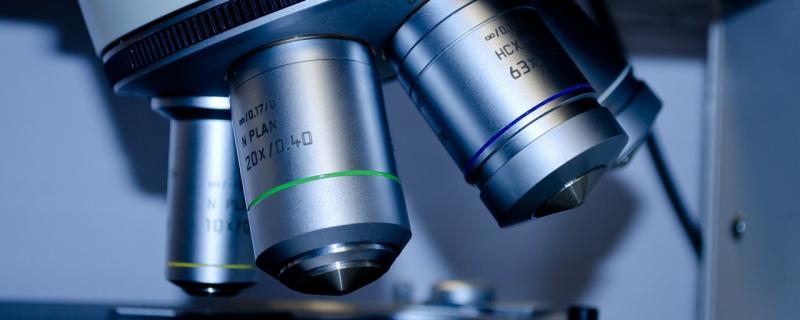In a recent announcement, Dr Shekhar C. Mande, the current Director of the National Centre for Cell Science (NCCS), Pune has been appointed as the new Director General of the Council of Scientific and Industrial Research (CSIR) and the Secretary of the Department of Scientific and Industrial Research (DSIR), India. He succeeds Dr Girish Sahni, who retired on 31st August 2018. CSIR is one of the world’s largest publicly-funded research and development organisations and is known for its contributions in diverse areas of science.
Despite successful bans on the veterinary drug diclofenac in Nepal and parts of India, a decade-long undercover investigation reveals that toxic alternatives like flunixin and nimesulide are rapidly replacing it, posing a renewed existential threat to the region’s critically endangered vulture populations.
Mumbai/









